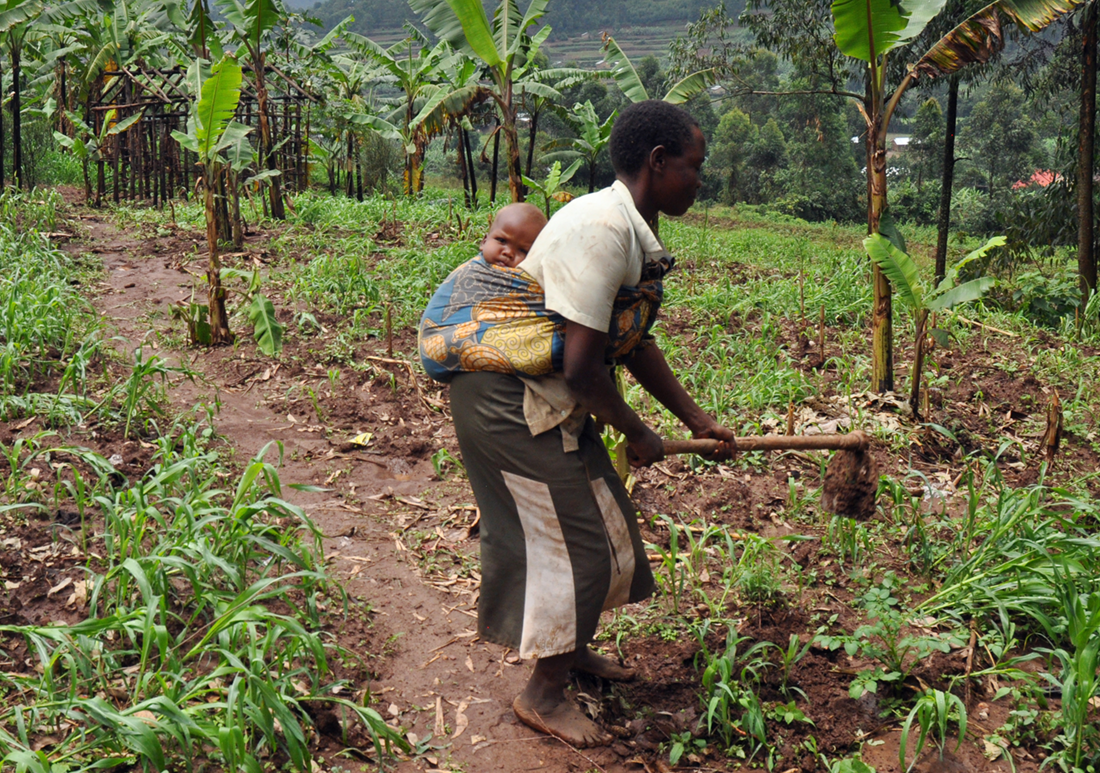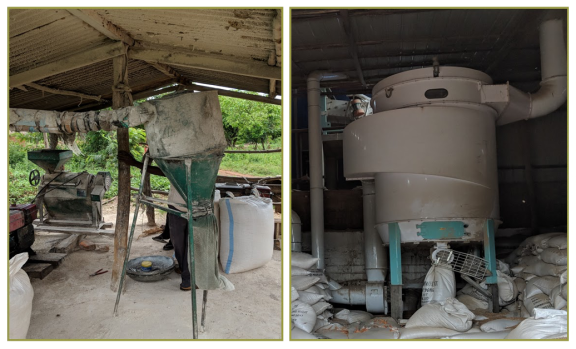
USAID Advancing Nutrition continues to provide technical assistance to USAID investments in Uganda’s fortification and supplementation programs. We are supporting the Government of Uganda in making program and policy decisions on their micronutrient delivery programs using data from two notable USAID investments in implementation research. One study examined a micronutrient powder (MNP) supplementation program for small children, and the other was an assessment of the cost of small-scale maize flour fortification for the general population. Findings from these two key studies are informing the development of implementation guidance for the supplementation and fortification programs, respectively.
The USAID-funded Strengthening Partnerships, Results, and Innovations in Nutrition Globally project (SPRING) project collaborated with the Ministry of Health (MOH) in Uganda to pilot a district-wide distribution of MNP to all children ages 6 to 23 months in Namutumba District. The pilot provided MNP from February to November 2016 through two channels – one directly from health facilities and another to the households in the community through outreach programs. SPRING published an analysis of costs of distributing through these two channels and found that community-based MNP delivery costs were greater, yet more cost-efficient per child reached than facility-based delivery. However, total costs for untargeted MNP delivery under program settings are potentially prohibitive.

The SPRING project also conducted a cost analysis of small-scale maize flour fortification in Uganda in partnership with the MOH and the Ministry of Trade Industry and Cooperatives. Our study aimed to understand how maize miller start-up and operational costs, and governmental monitoring and evaluation costs associated with maize flour fortification, vary by scale of maize milling operations. These results, which will be published soon, show that the scale-up of mandatory fortification by maize millers of different scale of operations will require a significant investment of resources.